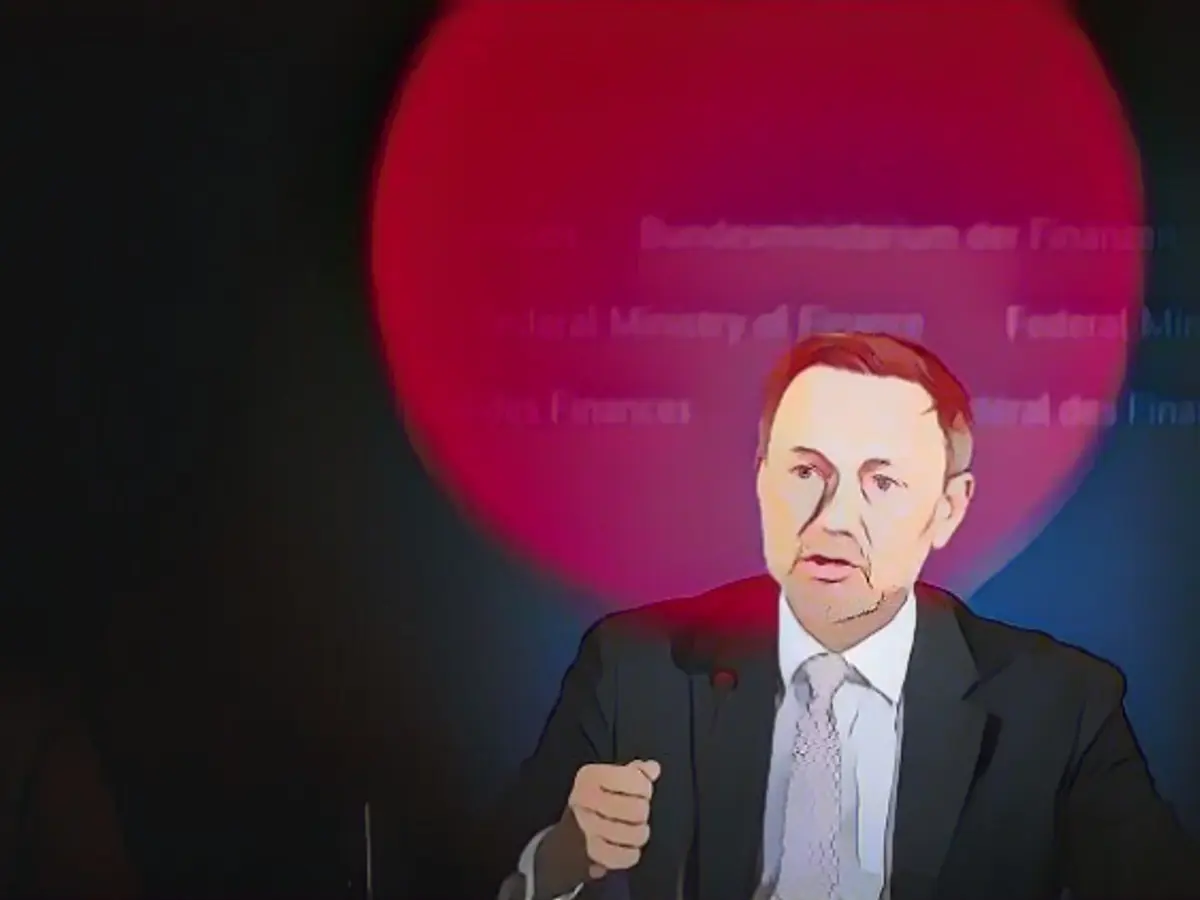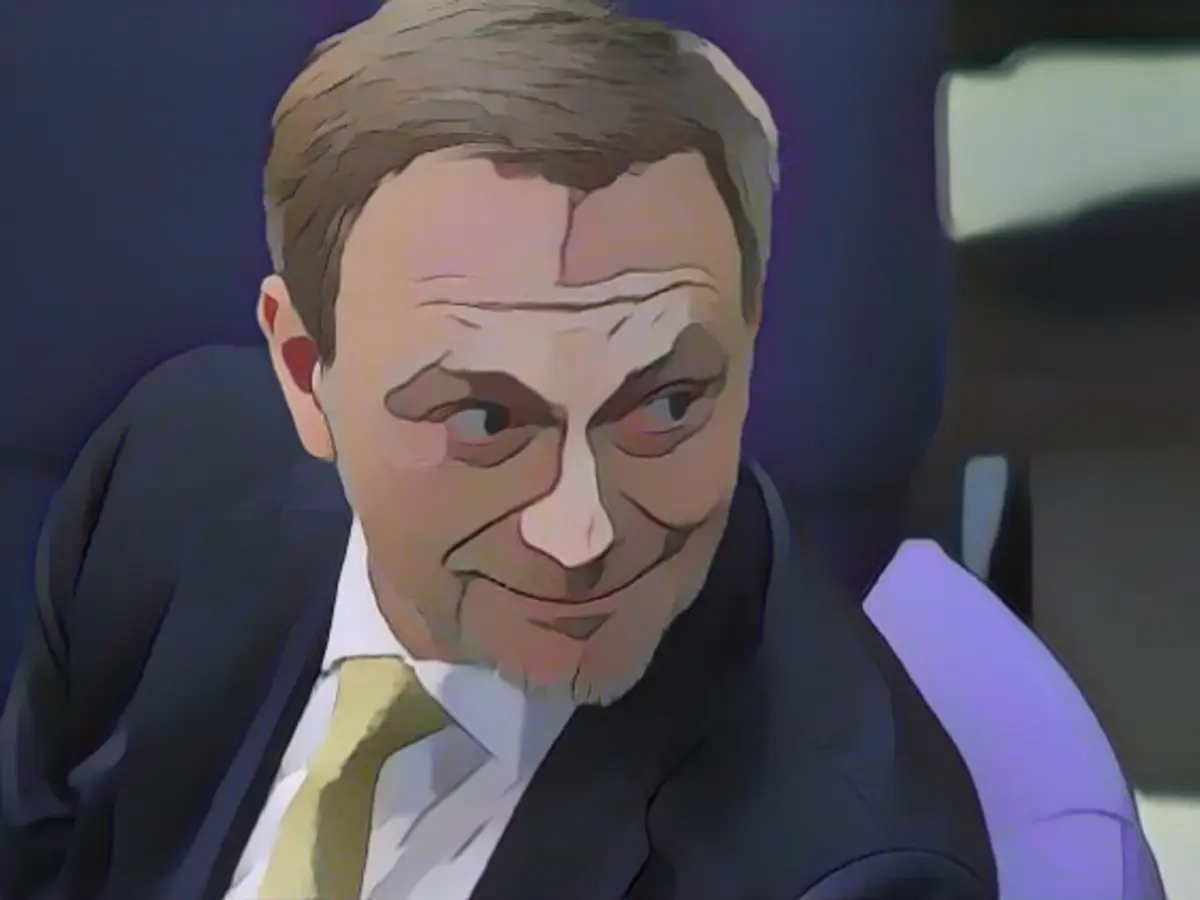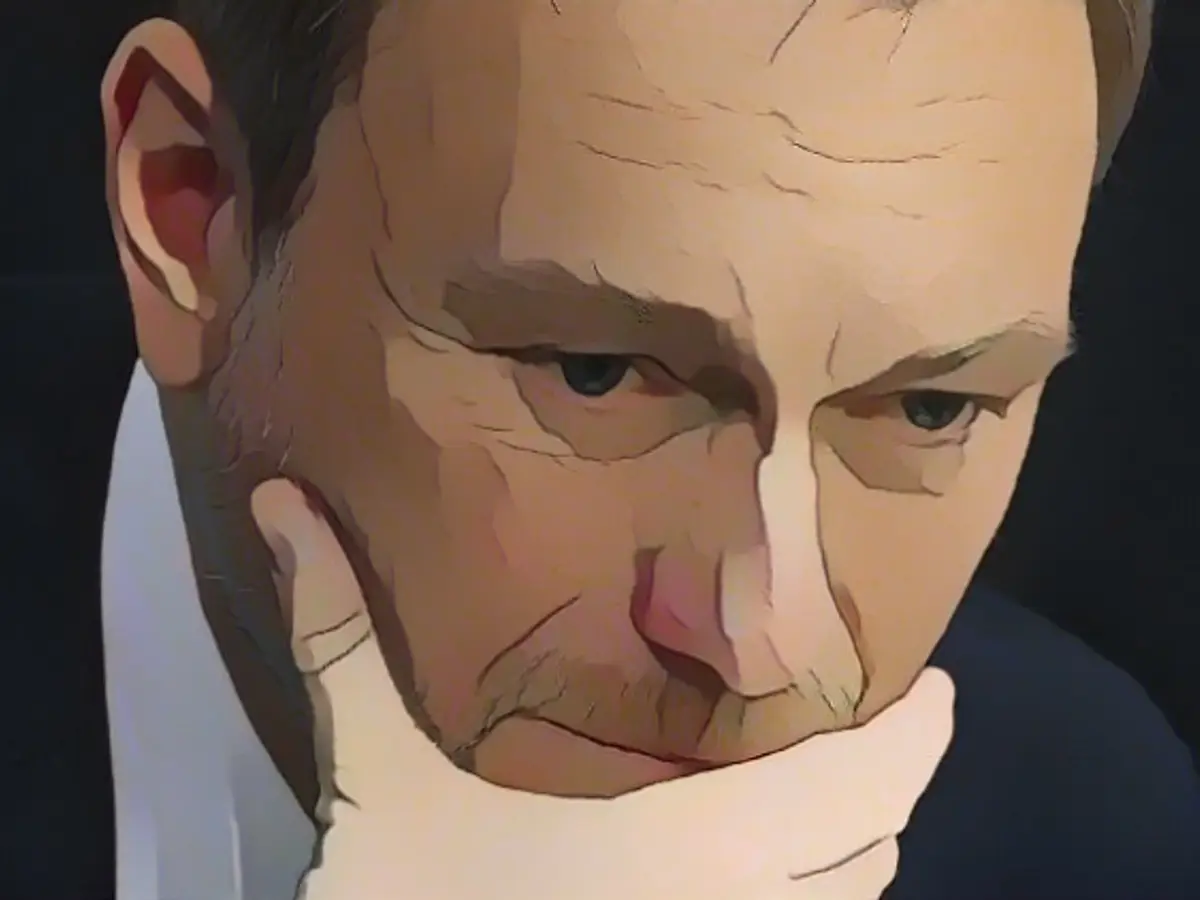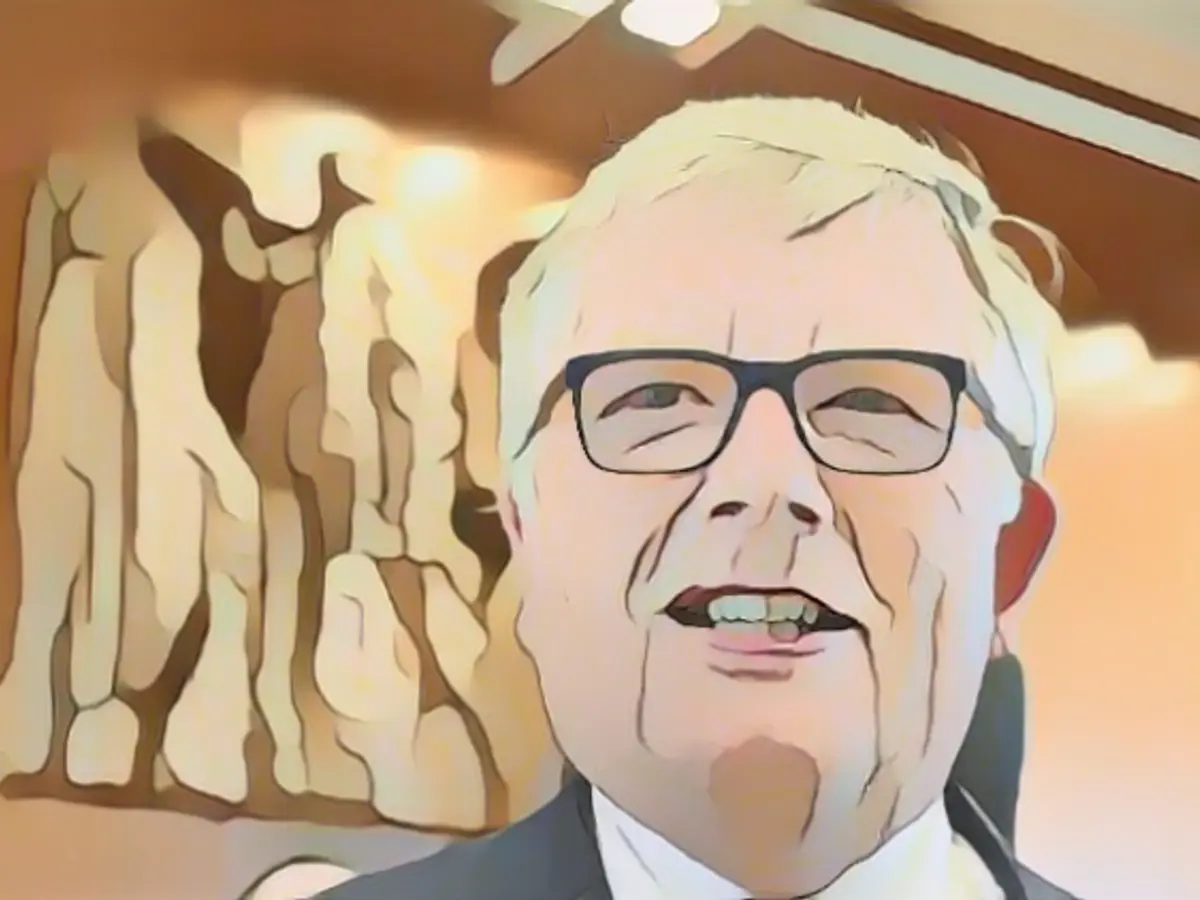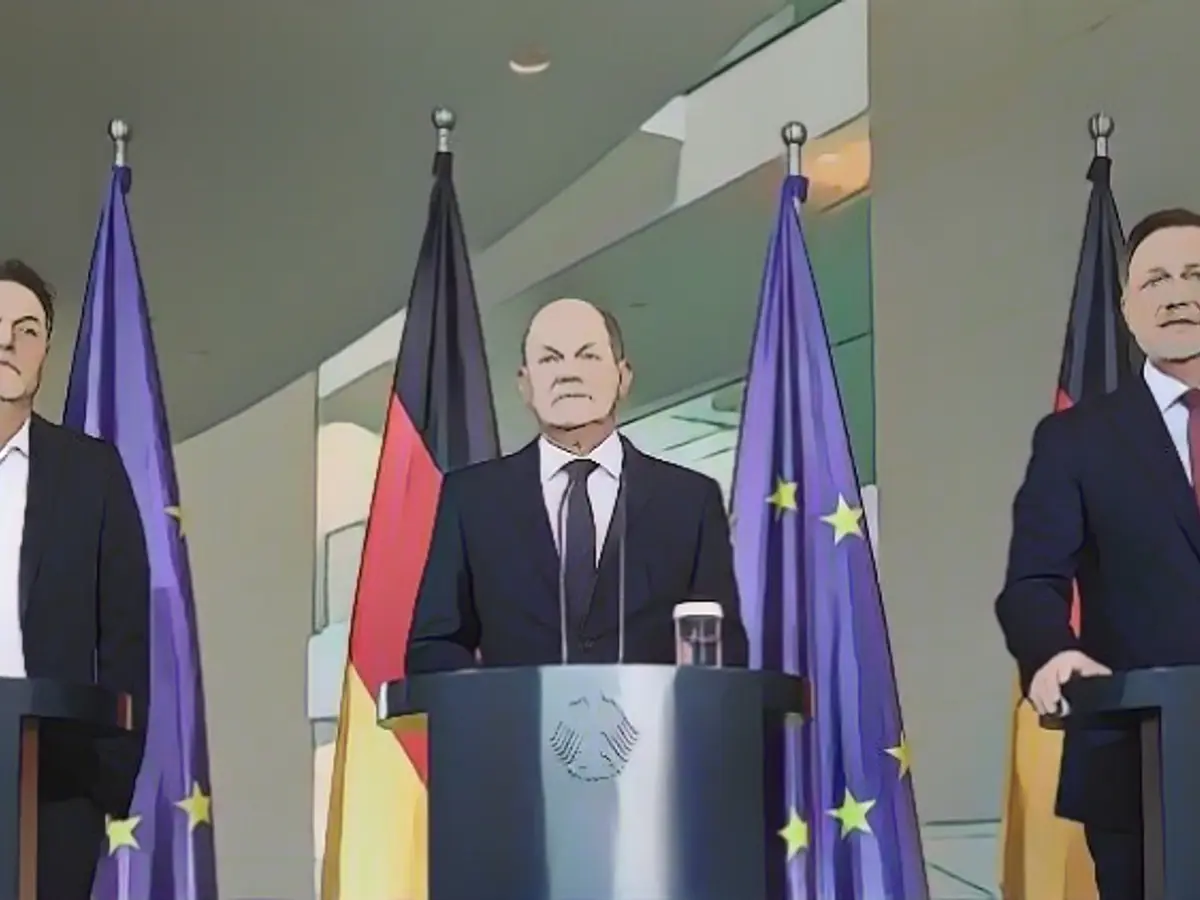The financial quandary doesn't look as bleak as some would make it out to be, despite the budget freeze and the 60 billion euros in question following the Karlsruhe ruling. This isn't just a colossal sum in euros, but also a political test for the traffic light coalition, comprising the SPD, Green Party, and FDP.
The Federal Constitutional Court's ruling on the Climate and Transformation Fund (KTF) restricts the federal government from accruing an additional 60 billion euros in debt over four years (2024 to 2027). This decision reduces the total KTF volume by less than a third, making the 60 billion a fraction of the grand federal budget, approximately 3-4%. Some might argue, "Isn't that achievable?"
Introducing a budget freeze by the Finance Minister is an assertive move, perhaps intended to inspire discipline among other ministers. It's important to note that the 15-20 billion euros cannot be sourced via this freeze. This is where the coalition's strength lies: Olaf Scholz, Christian Lindner, and Robert Habeck will need to lead their parties in making some potentially uncomfortable sacrifices.
The Green Party might accept an extension of the less effective climate change projects, possibly affecting specific features of house insulation or solar subsidies. The FDP could approve phasing out certain tax concessions, such as those on company cars or aviation fuel. The SPD may show flexibility in addressing the controversial "pension at 63" issue, widely recognized as illogical.
These compromises, while challenging, are feasible and demonstrate the coalition's commitment to finding a solution within the constitutional framework. The Federal Constitutional Court's decision hasn't declared Germany bankrupt but rather necessitates a return to a normal state of public budget management. The future of public borrowing remains, enabling it for genuine emergencies, just not under the guise of simple debt acquisition.
